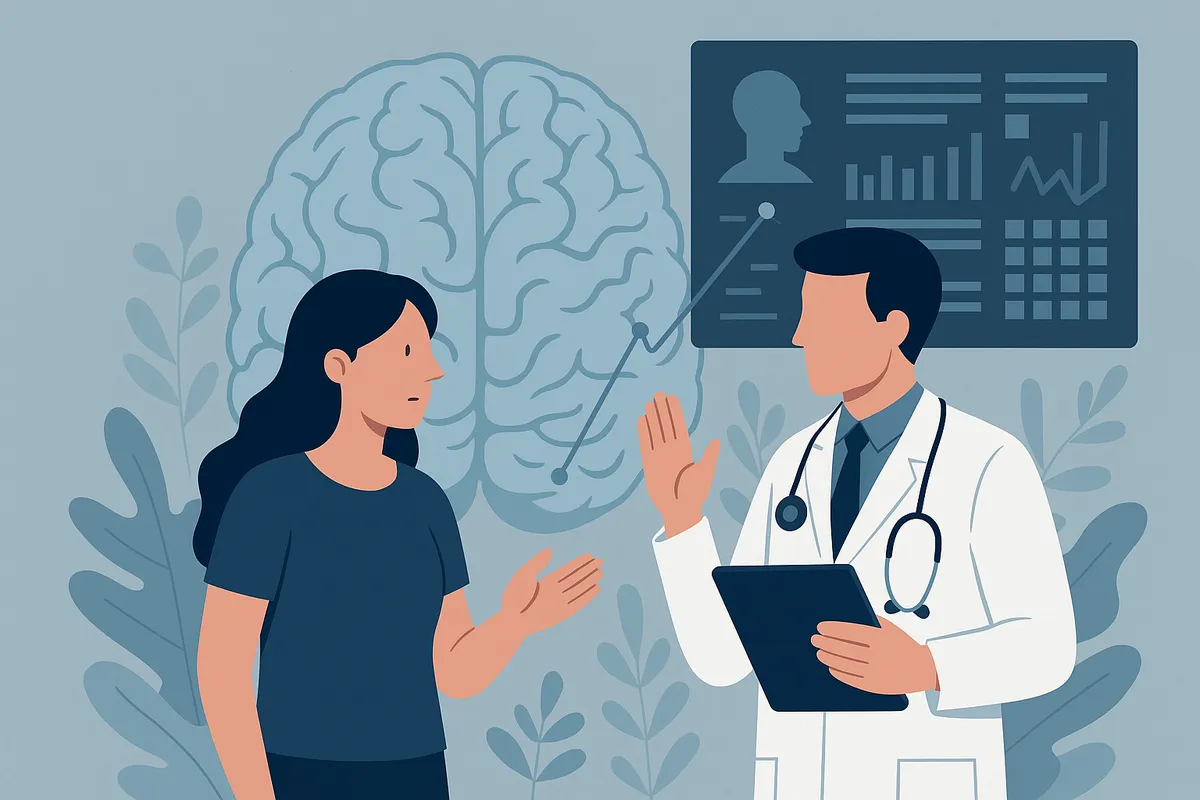Yale's $27.7M Autism Grant: Modeling Brains Without Listening to Minds
 Yale School of Medicine has just received a $27.7 million grant from ARIA (Aligning Research to Impact Autism). The goal: to build large-scale "digital twin" brain models that simulate real-time neural activity in autistic people, identify which brain circuits govern speech, sleep, anxiety and other features, and eventually develop non-invasive neuromodulation treatments to "restore function."
Yale School of Medicine has just received a $27.7 million grant from ARIA (Aligning Research to Impact Autism). The goal: to build large-scale "digital twin" brain models that simulate real-time neural activity in autistic people, identify which brain circuits govern speech, sleep, anxiety and other features, and eventually develop non-invasive neuromodulation treatments to "restore function."
The researchers — drawing from fields like neurosurgery, genetics, AI, engineering, law, and psychiatry — plan to combine intracranial recordings from epilepsy patients, brain imaging from people with autism and Angelman Syndrome and advanced machine learning. The vision is massive. The language is ambitious. The money is enormous.
But so is the risk — if autistic people are left out of the process entirely.
What’s Promising
- The project speaks openly about personalization, not a one-size-fits-all model.
- It brings together diverse disciplines, including ethics and digital governance.
- There’s a potential for this work to help address co-occurring conditions (sleep, anxiety, communication access) that cause real suffering — if it’s done with dignity.
What Needs Interrogation
1. The Framing
The project frames autism as a severe neurodevelopmental disorder, a "challenge to be treated" at the circuit level. When autism is approached like a tumor or malfunction, it erases identity and risks casting autistic people as broken machines needing recalibration.
2. Whose Voices Are Missing?
No mention is made of autistic researchers, advocates or participants shaping the design, ethics or outcomes. That’s a gaping hole — especially in a project whose centerpiece is reading and rewriting our neural code.
3. The Endgame
The phrase "restoring neurological function" may comfort donors. But to many autistic people, it sounds like control dressed up as care. Who decides which functions should be restored? Who decides which minds need re-routing?
AAB’s Take
We’re not against neuroscience. We’re not against innovation.
But we are firmly against any research that studies us without us.
Digital twins, AI models and circuit maps might help some people — if guided by the right principles:
- Support, not normalization
- Consent, not assumption
- Communication access, not compliance
If this project can deliver that, we’ll welcome it.
If not, we’ll call it what it is: brain-based behaviorism with a multi-million-dollar interface.
Because autistic people don't need to be rewired.
We need to be heard.